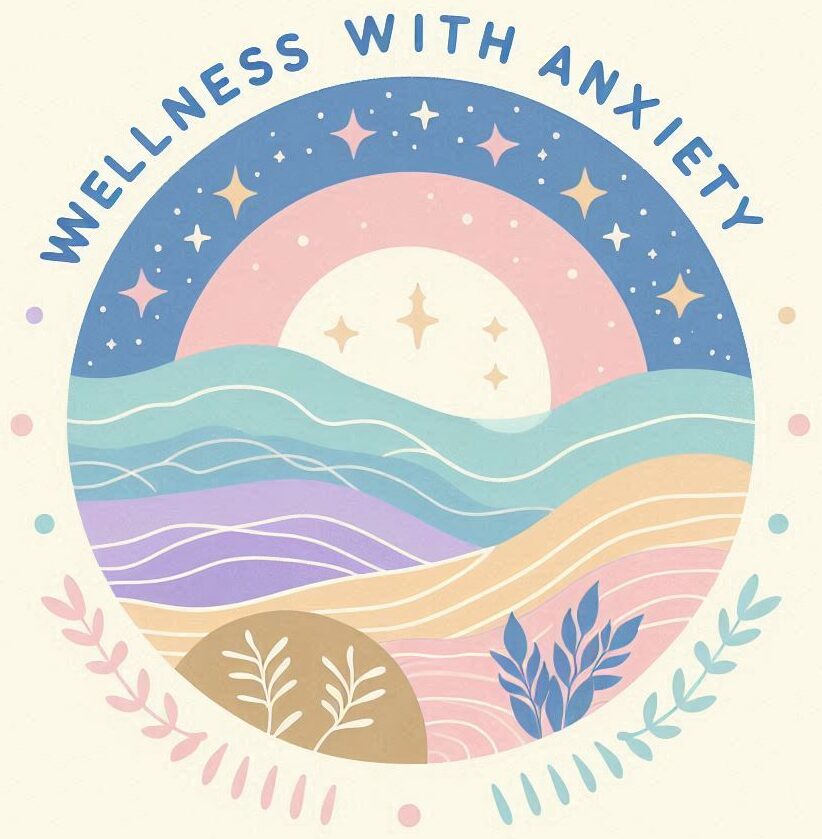 Anxiety is like that annoying alarm clock that keeps going off in your head telling you something’s not right. Everyone’s felt it at some point—a tight chest, racing thoughts, that gnawing worry.
Anxiety is like that annoying alarm clock that keeps going off in your head telling you something’s not right. Everyone’s felt it at some point—a tight chest, racing thoughts, that gnawing worry.
But what’s it all about?
At its core, anxiety is your body’s way of signaling potential danger or stress. It’s a natural response meant to keep us safe, but sometimes it doesn’t do its job too well.
We’ve often heard people say anxiety feels more rampant today, but what’s the real deal? Has it actually become more common, or have we just gotten better at spotting it?
Back in the day, many types of anxiety might have gone unnoticed or even swept under the rug. There was less understanding and more ‘just tough it out’ attitudes. Today, thanks to more research and mental health advocacy, we’re more aware and better at identifying when we, or others, are experiencing this kind of stress.
Societal awareness is a game-changer.
Improved diagnostic criteria and better understanding have paved the way for us to speak openly about mental health issues. Think of it as once navigating a foggy day with no GPS, and now having a clear map to guide us through our mental landscape.
Now, let’s talk experts.
Psychological pros have pointed out that while our understanding of anxiety has improved, the way society operates today might be flicking the anxiety switch more often. From hustle culture to never-ending information streams, a lot feeds into this. Having these expert insights helps us see not just where anxiety comes from, but how we might tackle it effectively.
Modern-Day Triggers: Why Today’s Society Fuels Anxiety
 Ever found yourself endlessly scrolling through your phone, feeling a tad overwhelmed?
Ever found yourself endlessly scrolling through your phone, feeling a tad overwhelmed?
You’re not alone. Technology, and particularly social media, are huge parts of our lives now. They’re like that extra spice that makes our daily stew a bit more chaotic. They connect us, sure, but also serve up endless comparisons and highlight reels that can make anyone a little jittery.
And how about the grind of modern-day living?
The economic pressures of balancing bills, work, and everything in between pile on stress that echoes at the back of our minds. Many feel they’re in a constant race against time, chasing the elusive dream of ‘having it all’. It’s like trying to juggle while riding a unicycle—talk about a balancing act.
Global concerns don’t make it any easier.
Climate change headlines and health crises like pandemics hang over us like dark clouds. Even if they’re not in our backyard, their presence on the world stage seeps into our consciousness. It’s a kind of stress that doesn’t just knock on your door—it sets up camp inside.
Then there’s the constant chatter from 24-hour news channels, always ready with breaking news, often more bad than good.
This never-ending flow of information keeps our anxiety engines revved up. It’s no wonder why tuning out and finding a quiet corner seems almost impossible. In this noise, understanding what triggers your anxiety can be your first step in figuring out how to dial it down.
Biological and Psychological Factors: Unveiling Innate Predispositions
 Genetics can play a pretty sneaky role when it comes to anxiety.
Genetics can play a pretty sneaky role when it comes to anxiety.
Imagine it as a hand-me-down sweater that’s a bit scratchy—not exactly something you can just shrug off. Family history can set the stage for how you experience anxiety, whether you’re aware of it or not.
Our brains are complex machines, and sometimes, the wires get crossed.
Chemical imbalances and neurological quirks can contribute majorly to how anxiety shows up in your daily life. It’s like having all the lights on but some switches just won’t cooperate.
Now, let’s add a dash of past trauma to the mix.
It often clings on, influencing stress responses, much like that background app draining your phone battery. Recognizing how your history affects current feelings can sometimes bring relief, or at least a hint of understanding.
Dealing with anxiety means recognizing when other mental health issues might be tagging along for the ride.
Conditions like depression or PTSD can amplify anxiety, making it crucial to look at the whole picture. Understanding these connections can provide a more holistic approach to managing anxiety.
Strategies and Solutions: Addressing Anxiety in Today’s World
 Exploring effective solutions is like finding that perfect playlist to calm the nerves, offering something for everyone.
Exploring effective solutions is like finding that perfect playlist to calm the nerves, offering something for everyone.
Therapy, mindfulness, and self-care practices form a solid foundation for many. Picture these as your toolbox, full of essentials like meditation, deep breathing, or even just taking a moment to chill.
In some cases, medical interventions are a necessary backup band.
Medications can help balance out those pesky chemical imbalances. It’s vital to discuss options with a healthcare provider to find the right tune for your individual needs.
Support networks and community can be like that warm blanket of reassurance.
Whether it’s friends, family, or support groups, having people to lean on makes a world of difference. They offer perspective, advice, and a sense of not being in this alone.
Keep an eye on emerging therapies that are stepping on the scene.
From virtual reality-based treatments to new medications, the future of anxiety treatment looks promising. Staying informed about these developments can be empowering and offers hope to those navigating the stormy seas of anxiety.
Anxiety may feel like an unrelenting storm, but understanding it is the first step to weathering it. From societal pressures to biological factors, the triggers are many, but so are the solutions. With the right mix of awareness, support, and tools tailored to your needs, managing anxiety becomes less daunting and more empowering. Remember, it’s not about eliminating anxiety entirely—it’s about finding balance and reclaiming control in a world that never stops moving.
